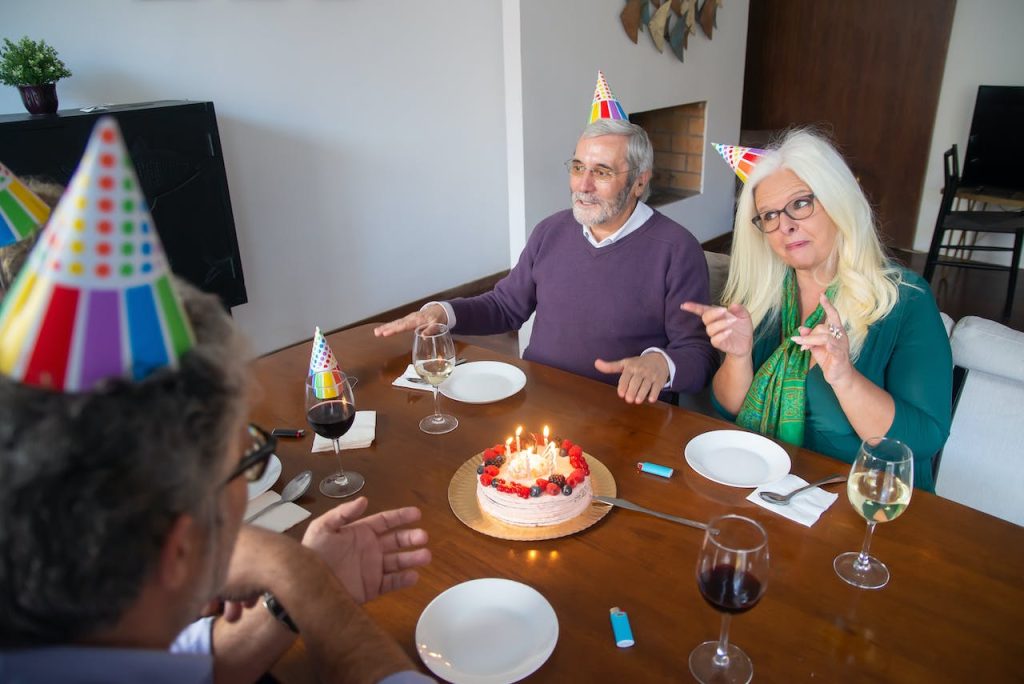Grief is an emotion of sadness that can be overwhelming and experienced after losing a loved one. Grieving takes place in stages. The first is denial, then comes anger as an emotional outlet which is followed by bargaining. They may experience depression after the reality of the situation kicks in and reach acceptance. These stages don’t happen in an orderly fashion, individuals may skip a few stages or revisit some stages. But dementia patients experience grief a little differently. When a normal individual loses someone, they can grasp the concept of death and loss. But those with dementia may not be able to understand and use language appropriately to express themselves. So in some ways, their mourning process becomes unfulfilled.
Dealing with Grief in Dementia: However, dementia patients encounter unique challenges when it comes to grieving.
When individuals are in the early stages of this illness, it is easier to tell them about the death. But as the disease progresses, they might not be able to understand the concept of death or register the memory itself so it might not be appropriate.
When you tell them –
-
Do it when the individual with dementia is resting.
-
Explain it using simple terms which are clear to understand.
-
Avoid the details as this might overwhelm them.
-
Try to comfort them using touch or what was seen to be comforting before.
-
Try not to project your own grief.
-
When these questions are asked, answer them honestly.
-
Do not tell them that the person who has died will return as this gives a false sense of hope and interferes with the process.
-
When asked repeatedly, answer using the same words.
-
Later, focus on the positive impact that the individual has made on the lost loved one.
Grief for someone with dementia manifests in different ways-
-
Feeling that something is wrong or missing.
-
Experience more anxiety, agitation and restlessness.
-
A level of confusion where they think someone else has died rather than the actual person.
-
Unable to remember the name of the lost one causes them more frustration and anxiety.
-
Revisiting the pain as though it was the first time they heard of it when told about death.
-
Remembering the other losses experienced.
Helping an individual with dementia to accept loss can be difficult. The caregiver can speak about the lost person in the past tense. Engage in telling the person with dementia what they miss about the lost one (incorporate pictures). When continuously asked, try to be gentle and address their emotion. When they are scared, then acknowledge it and if they are missing the person then ask what they miss about them and share what you miss too. But after a point, caregivers find it challenging to revisit the death of the lost one. So when a caregiver gets exhausted, seeking professional help could be extremely useful. Because it is important for the caregiver to also suffice their own needs and get the necessary support. And mental health professionals have helped individuals cope with grief without experiencing it as if it were new news each time through various techniques over a long period.
Visit our LinkedIn page for the latest updates on our company, including exciting developments and new offerings. Stay informed and connected with us as we continue to grow and provide valuable learning opportunities for professionals in caregiving industries.





1 comment
Comments are closed.